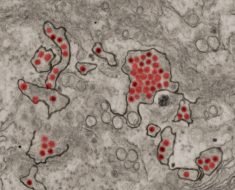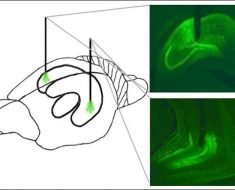Current recommended dosing regimens for the most widely used treatment for uncomplicated Plasmodium falciparum malaria may be sub-optimal for the most vulnerable populations of patients, according to a study published this week in PLOS Medicine, led by Prof Joel Tarning of the WorldWide Antimalarial Resistance Network and the Mahidol Oxford Tropical Medicine Research Network (MORU).
Artemether-lumefantrine is the most widely used treatment for uncomplicated Plasmodium falciparum malaria, but lower cure rates have been reported in children below 5 years of age and pregnant women. Pharmacokinetic-pharmacodynamic trials are generally small, and individual studies typically do not enrol enough young children or pregnant women to assess properly the pharmacological properties in these specific groups. To respond to this challenge, a team of researchers from multiple institutions conducted a systematic review and meta-analysis using individual patient data from 26 clinical studies published between 1990 and 2013.
The researchers pooled relevant individual data on lumefantrine blood level measurements, clinical covariates, and outcome data from 4,122 patients who received artemether-lumefantrine, and developed a pharmacological model to understand how body weight, pregnancy, and baseline parasite density influence drug levels in patients. The results suggest that that lumefantrine concentrations 7 days after starting standard 3-day treatment were 24% and 13% lower in children weighing <15 kg and 15-25 kg, respectively, and 20% lower in pregnant women compared with older children and non-pregnant adults.
The reseachers used their model to evaluate alternative dosing regimens and determined that a longer 5-day regimen for small children and pregnant women, beyond their first trimester, appears most favourable from a pharmacological perspective. The study suggests that the proposed revised artemether-lumefantrine dosing regimen should provide a number of positive effects, including safe and effective lumefantrine exposures and exposure of the parasite to artemether for an additional asexual life cycle.
The authors note that these predictions based on blood levels of one drug in the combination (lumefantrine) and lack of data on the levels of the other drug (artemether) prevented their ability to predict parasite killing rates and recrudescent infections, and that any new dosing regimens will need to be evaluated in prospective clinical studies to confirm safety and superiority to current regimens.
Source: Read Full Article





